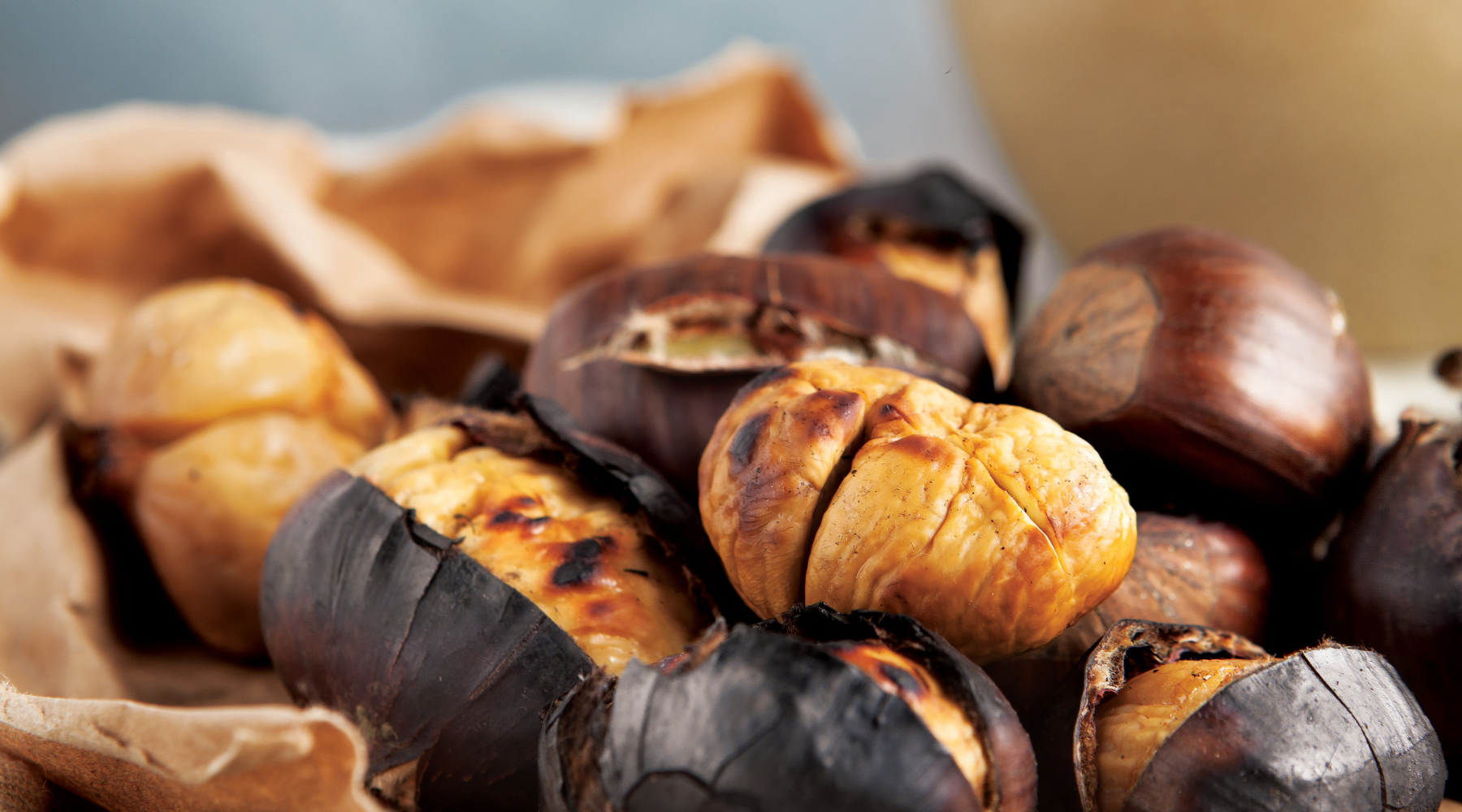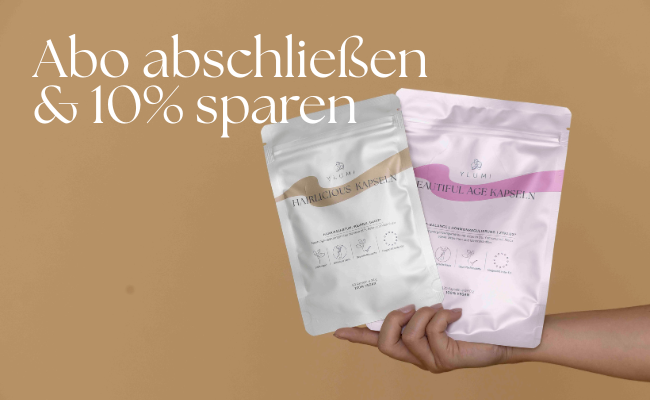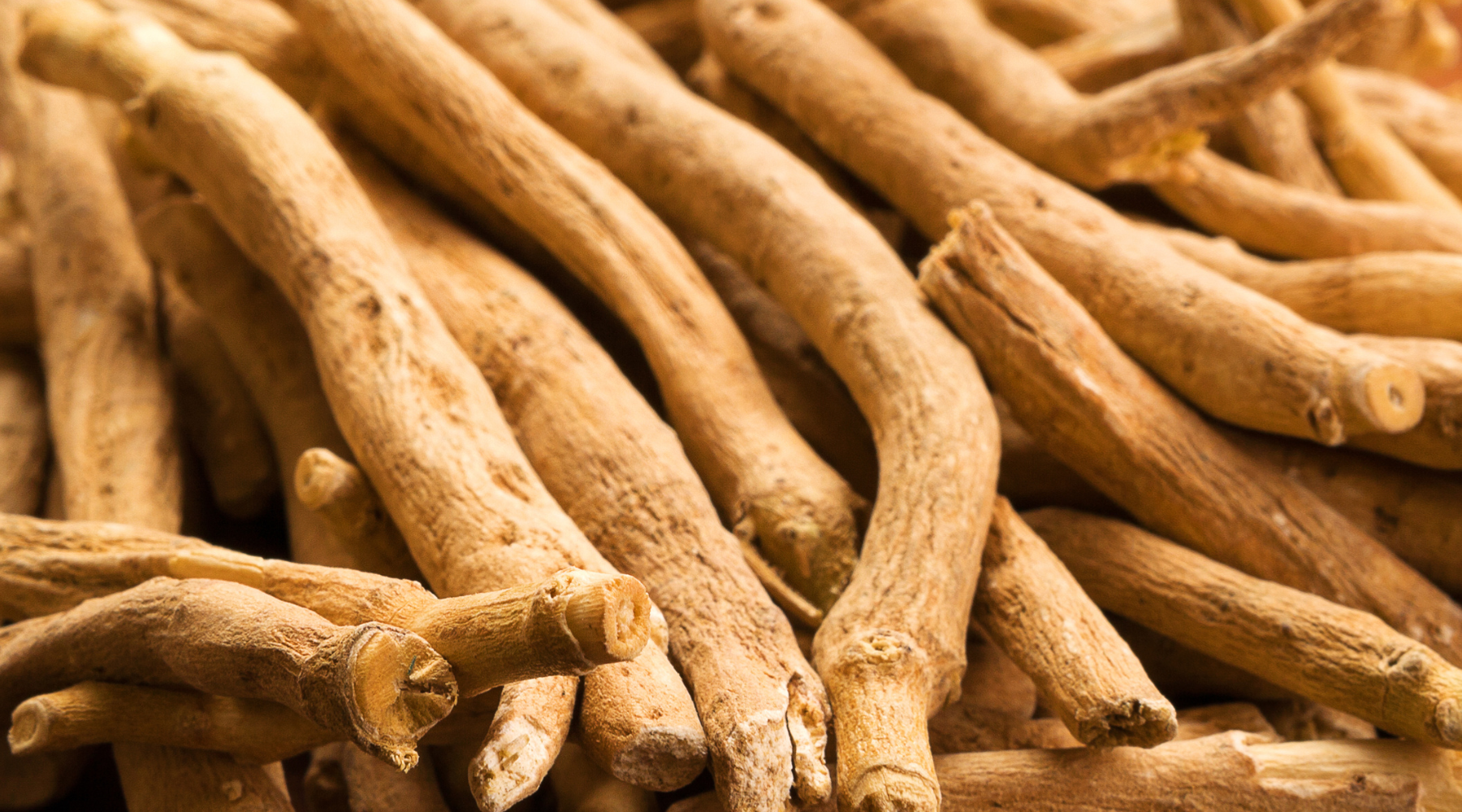
How to prepare chestnuts properly – and why they are so healthy
Autumn is chestnut season! These small, nutty fruits, also known as sweet chestnuts, are not only delicious but also extremely healthy. In this blog post, you'll learn how to properly prepare chestnuts and why they're a valuable addition to your diet.
How to prepare chestnuts properly
Preparing chestnuts is very easy if you follow a few basic steps:
1. Preparation:
First, wash and dry the chestnuts thoroughly. Then, using a sharp knife, cut a cross into the shell on the rounded side. This prevents the chestnuts from bursting during cooking and makes peeling easier.
2. Baking or cooking:
- Baking: Place the scored chestnuts on a baking sheet and bake them in a preheated oven at 180–200°C for about 20–25 minutes. The shells should peel off easily after baking.
- Boiling: Alternatively, you can boil the chestnuts in lightly salted water for about 20 minutes. The skins can also be easily removed after cooking.
3. Peeling:
After cooking, let the chestnuts cool briefly and then remove both the hard shell and the skin underneath. This is best done while the chestnuts are still warm.
Tip: Another popular method is roasting over an open fire, which gives the chestnuts a particularly intense aroma.
Health benefits of chestnuts
Chestnuts are not only a delicious fall and winter treat, but they're also packed with nutrients. Here are some reasons why they're good for your health:
-
Rich in fiber:
Chestnuts contain a lot of fiber, which is good for digestion and promotes satiety. They support healthy bowel function and can help prevent digestive problems.
-
Complex carbohydrates:
Unlike many other nuts, chestnuts contain little fat but are rich in complex carbohydrates. These provide you with long-lasting energy and help stabilize your blood sugar levels.
-
Vitamins and minerals:
Chestnuts are rich in important nutrients such as vitamin C, B vitamins, potassium, and magnesium. Vitamin C supports your immune system, while B vitamins are important for metabolism and nerve function. Potassium and magnesium contribute to heart health and muscle relaxation.
-
Antioxidants:
Chestnuts contain antioxidants that protect the body from free radicals. These protective substances help prevent cell damage and thus support your overall health.
-
Well tolerated:
Because chestnuts are gluten-free, they're ideal for people with gluten intolerance or celiac disease. They're also easier to digest than many other nuts.
Conclusion
Chestnuts are a delicious and healthy addition to your fall and winter cooking. They're easy to prepare and packed with nutrients that support your health. Whether roasted, boiled, or baked, chestnuts offer a delicious way to eat healthily during the colder months.
Give it a try!




